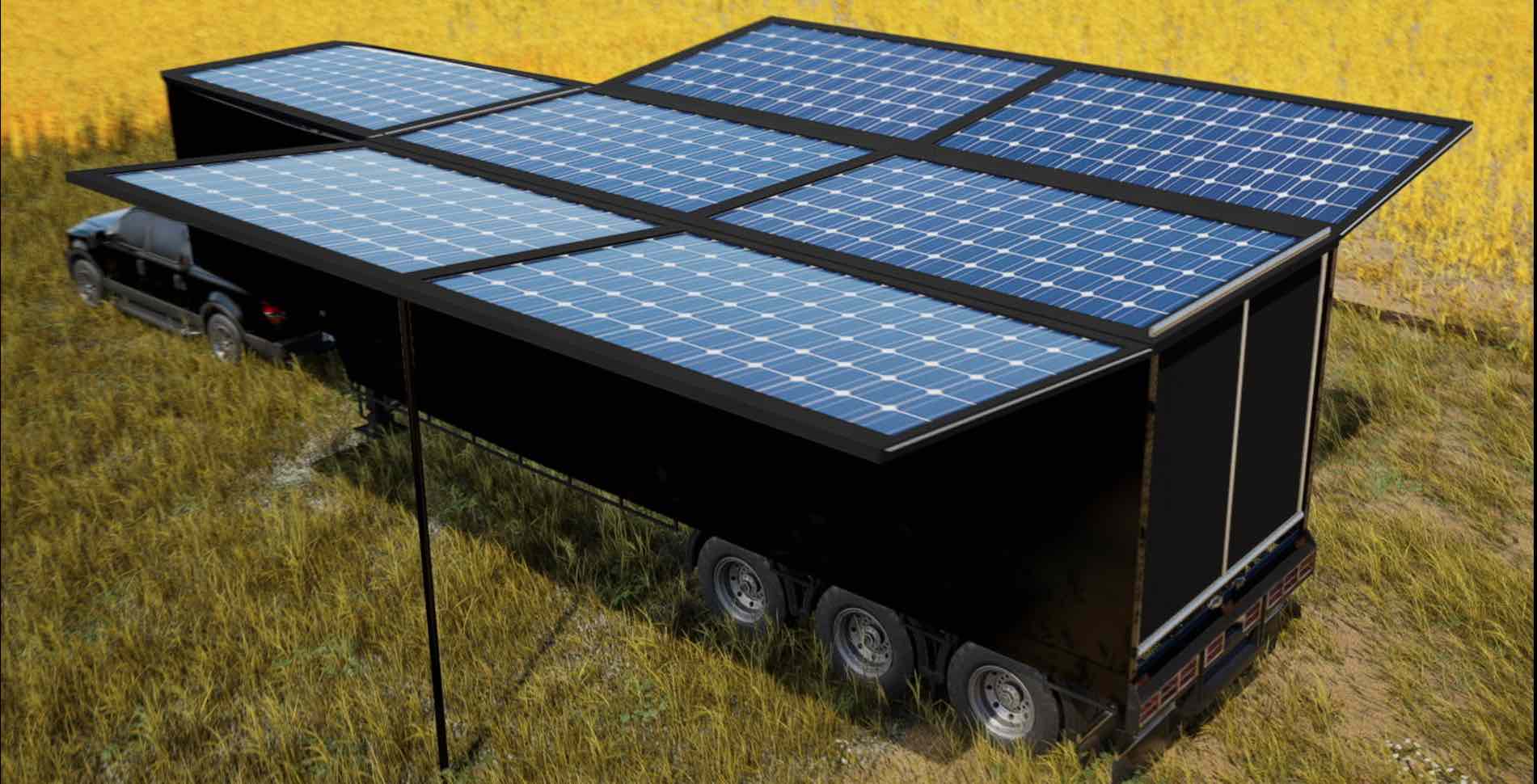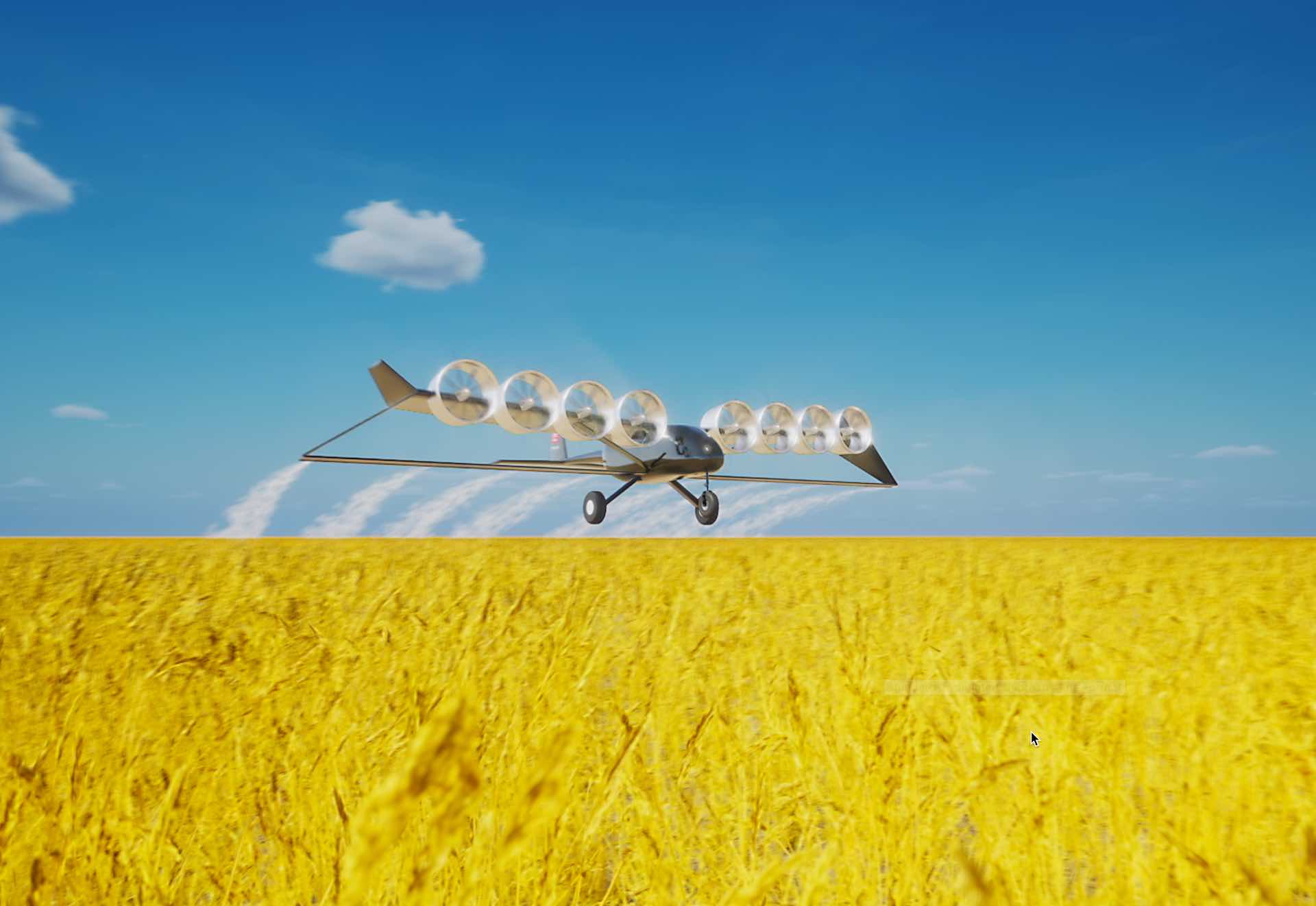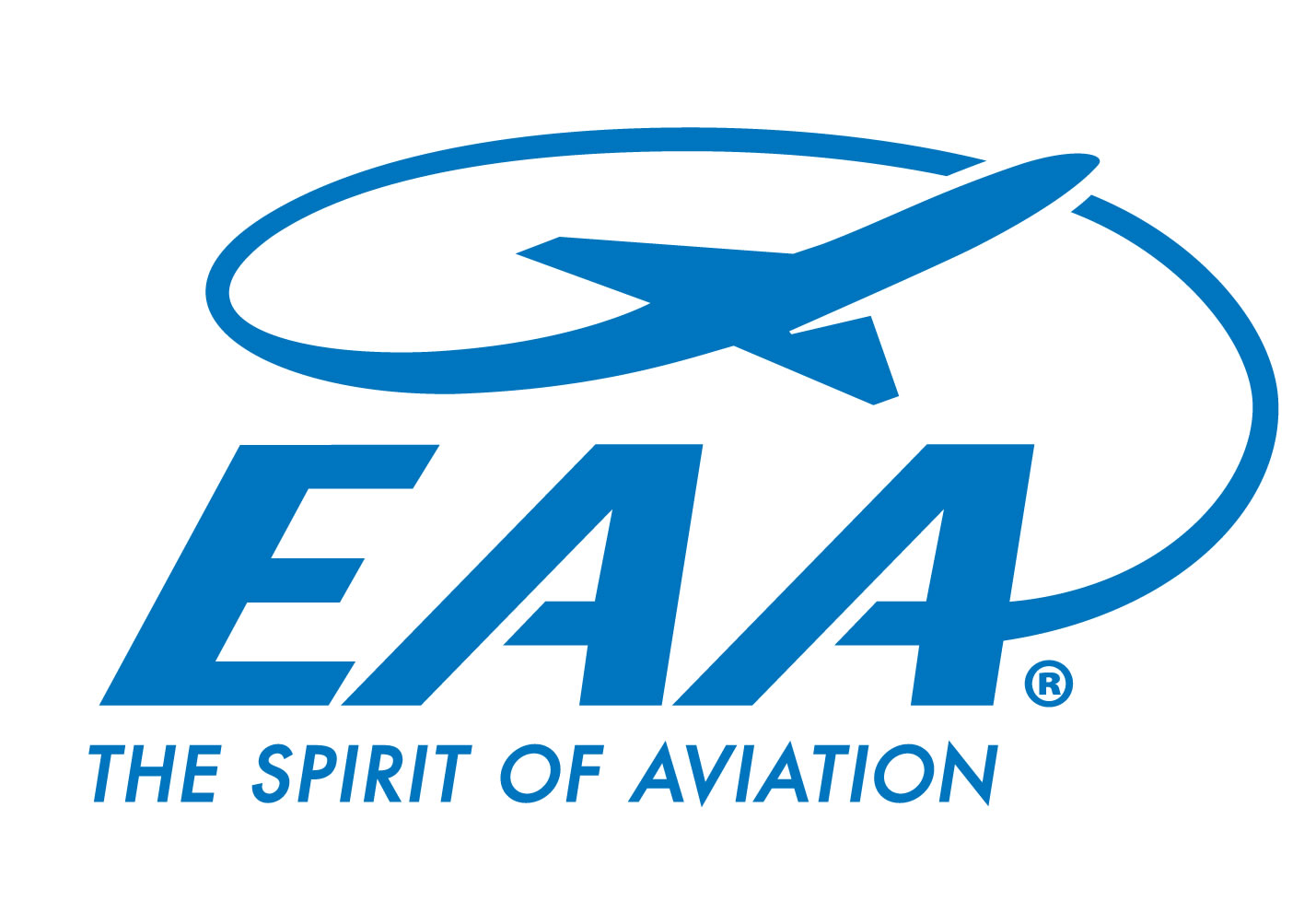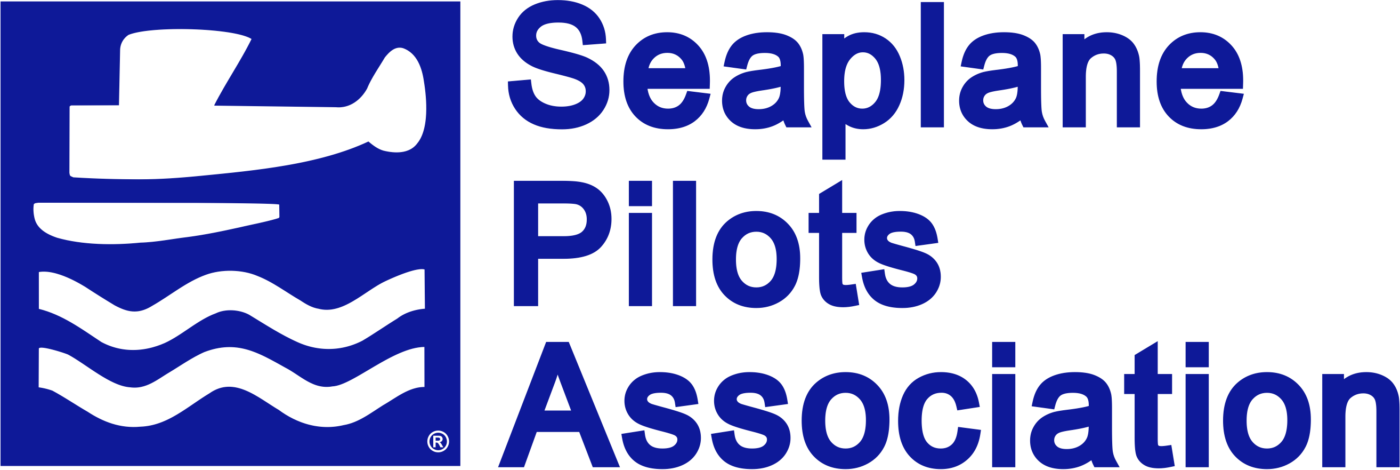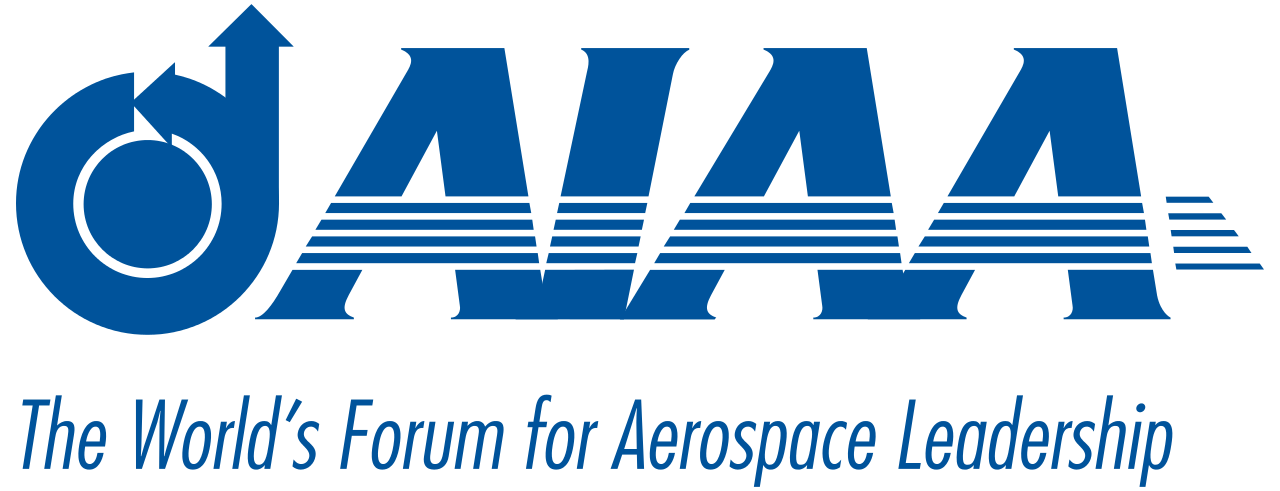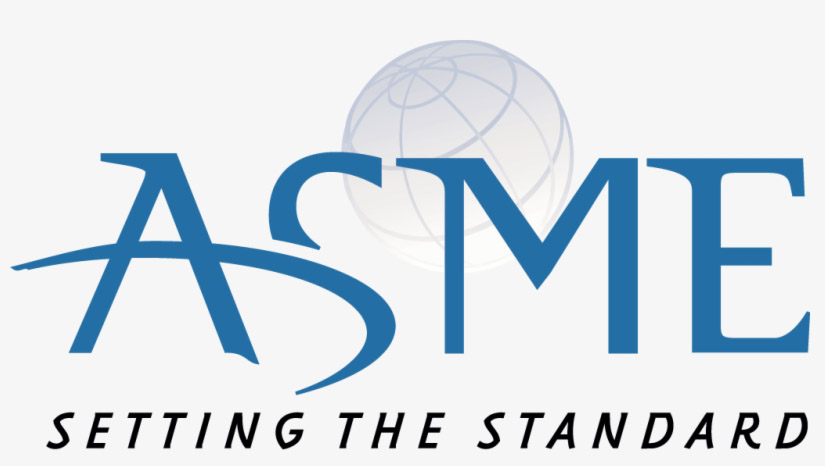Edison Aerospace
Edison Aerospace is an American company applying modern technology to move Agriculture and US Defense industry into the 21st Century with electric propulsion and partial autonomy
Edison Aerospace LLC
Edison Aerospace has designed novel electric aircraft and watercraft for commercial and defense applications.
Our products include the Heavy1, Ground Control Station, UNCV, and several aerial defense vehicles.
Edison Aerospace is the first and only company in the world that will replace the airplanes used by spray operators to give them a tool that will let them do a better job at a lower cost, while keeping them safe from the dangers they face daily. Our competitors are the incumbent spray aircraft manufacturers like AirTractor, Thrush, and Embraer. Our products are targeting the existing spray operators and pilots and are not aimed at replacing them and their expertise.
Edison provides a complete package that let’s the operator work all day long using the Ground Control Station and its built-in supercharger battery. No other unmanned aviation company has set its sights on being a true replacement for today's full-scale agricultural application aircraft.

Hopper Capacity
The Heavy1 carries a 200 gal hopper (wet/dry), allowing for coverage of 80 acres in 15 minutes (at 2.5 gpa) over the target. Spraying ULV rates yields coverage of 400 acres in 1 hr (at 0.5 gpa). The Heavy2 model will carry a 400+ gal hopper.
Pilot Safety
Up to 10 pilots are killed annually in the US while flying spraying missions. We give you the option of flying safely and remotely, from a ground control station with controls that resemble actual aircraft controls or simply a laptop computer and some additional hardware.
Cost
Our aircraft costs a fraction of the traditional spray aircraft and its operating costs are approximately 48% lower than the typical turbine or piston spray aircraft. Lower costs = higher profits + more competitive rates
Fuel Saving
The US aerial application fleet burns about 125,000,000 gallons of Jet-A and 100LL fuel every year. We can stop this waste while putting more money into the operators' pockets. (That's what they call a win-win)

